No products in the cart.
Turn The Tables – Prove God Doesn’t Exist!
After the highly successful seminar entitled “The Problem of Evil and Suffering”, Muta Danyro, Head of the Islamic Society at the University of West London, was keen to invite iERA Outreach Specialist Murtaza Chaudhary back to the university for a follow-up seminar. Muta felt there was a pressing need to get the ISOC members interested and involved in conveying the call.
This time, it was decided to have a talk based on the topic: “The Proof of God”, connecting the students to dawah.
The lecture room was filled with a mix of lively students from very different backgrounds, nationalities and disciplines.
The seminar began with the description of a bizarre and shocking scenario: your old school friend David from long ago, calls you and tells you the past never existed! There was no yesterday, no 1990…nothing, it just never happened. What is the rational reaction towards David?
Firstly, would you go with David’s belief and feel silly for having ever believed in a past and apologise for ever having that belief, or would you ask David for proof? Obviously, you would ask for proof of the validity of the ridiculous and outrageous statement! The onus of proof is on the claimant – David.
Likewise, if someone posits, “prove God exists!”, the tables need to be swiftly turned, with the question in return being “prove God doesn’t exist!”. As Muslims, we know, – through a myriad of clear signs – that God certainly exists. We have no doubts about this.
Murtaza went on to then explain the powerful concept of a ‘self-evident truth’ or ‘axiom’. An axiom is something which doesn’t require a proof. It is just a brute fact. There are a number of examples of axioms. For example, the existence of other minds, the uniformity of nature or the validity of our reasoning.
God only talks about the proof of his existence a few times in the Qur’an. The reason for this is because of an immensely powerful concept we have in the world of dawah and proving God’s existence – the fitra or innate disposition. The fitra amazingly contains within it the self-evident truth of the basic belief in a God. Everyone is born believing in One God (or Creator) and his parents influence him to become a Jew, Christian or Magian (fire worshipper). The Qur’an reaffirms this in Chapter 30, Verse 30.
Over time, the fitra becomes clouded or polluted. However, a number of things uncloud the fitra and bring the person back around to their innate and natural belief. Four of these unclouding factors were discussed in detail during the seminar.
One was experiences in life, either good or bad. For example, you have 3 best friends who you are very close with. All three one day suddenly die in a car accident. You are in shock. You ask questions – how did this happen? Who controlled the affairs? Is there a higher power involved? A good series of life experiences – graduation with a first class honours degree, a dream job, marrying the ideal partner… all these good experiences also uncloud the fitra, prompting questions like – where did all this goodness come from? Did God give this to me? Who do I ultimately thank?
Introspection and reflection are other tools to uncloud the fitra. For example, with introspection, one can look at the human body. If you get an injury – for example, a small cut with a salad knife – in a short space of time the wound begins to heal and the damage is repaired. Who created this body – this self-repairing machine?
If you drop a mobile phone on a hard floor and part of the screen chips and breaks, or an internal component is broken, the phone will not have the sophistication to start to repair those damaged pieces. In reality, the phone is much more simple than the human body which consists of things like DNA, living cells and organs. Who made this incredible machine known as the human body? What did we do to deserve life? Who do we thank for our eyesight?
These are signs which point to an uncreated Creator. God from his infinite Mercy has put within all human beings a mechanism of belief. Introspection draws away the clouds, uncovering the fitra – bringing one back to the remembrance of God.
Murtaza explained to a spellbound audience that dawah does not require complex or convoluted arguments trying to prove God exists. In fact, the majority of people already believe in a God. This is why dawah is so easy. The role of the da’ee (caller) is to clarify who God is and why He is deserving of our worship.
The seminar concluded with a paradigm shift for the attendees with a realisation that dawah is easy. The key points were: ‘turn the tables’ when asked for proof of something that essentially doesn’t require a proof, and that the onus of the proof is upon the claimant. Also, the huge importance of the fitra and unclouding it (as a root to successful dawah).
Want to learn how to talk about God and give dawah?
Sign up today at launchiera.wpenginepowered.com/training
